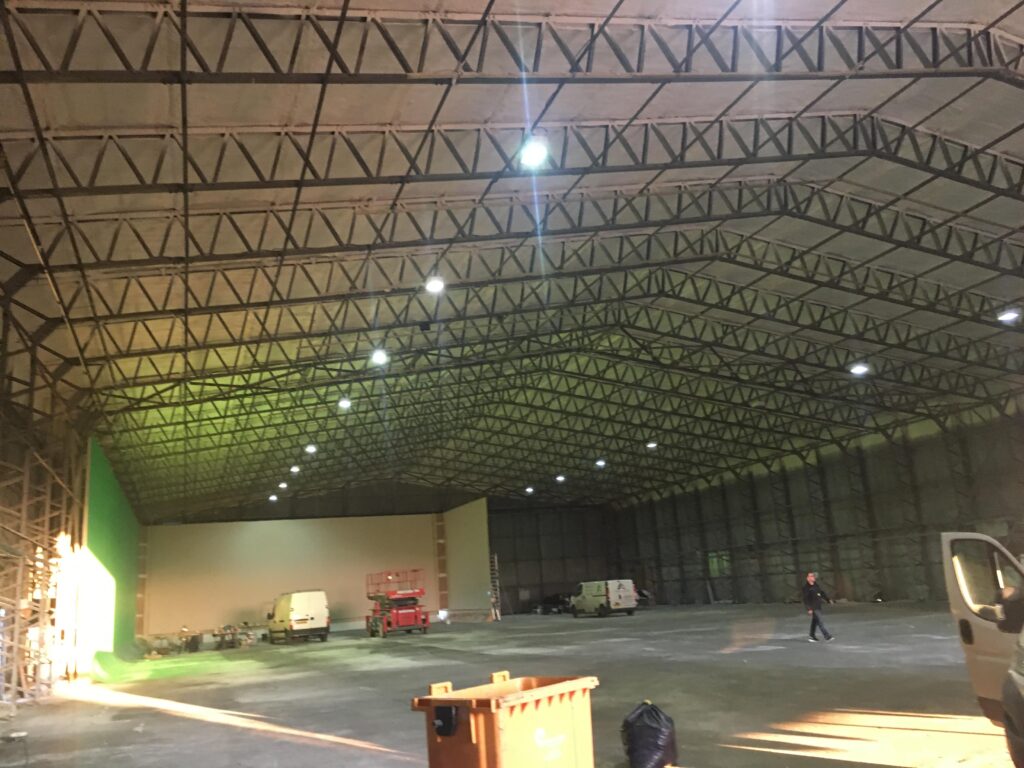Commercial Insulation

What's on this page?
Commercial Building Insulation Requirements
- Roofs: 0.18 W/m²K
- Walls: 0.26 W/m²K
- Floors: 0.22 W/m²K
Commercial Building Insulation Benefits
Commercial Insulation Applications
Commercial Building Insulation Types
Best Insulation for Commercial Buildings
Commercial Spray Foam Insulation
The Advantages of Commercial Spray Foam Insulation
Featured Projects
Nexseal Closed Cell Insulation
Nexseal is the UK’s leading closed cell spray foam insulation material for use in commercial, agricultural, industrial and new build homes. It can form various control layers for buildings and structures: insulation, air barrier, moisture retarder and weather barrier.
The versatility of spray-applied Nexseal closed cell foams make it the perfect solution for a wide variety of insulation and anti-condensation requirements.
The strong adhesion of Nexseal helps to create a seamless, monolithic layer of insulation that cannot be matched with pre-manufactured forms of insulation.
- Achieves a British Class 1 (BS476: Part 7) and Class 0 (BS476: Part 6) flame spread
- The high density foam helps to add structural integrity & stabilisation

Sucraseal Open Cell Insulation
Sucraseal is revolutionising the spray foam industry, combining the cutting edge of performance with the health of the environment at the core of its formulation. It is now the UK’s only low density open cell spray foam product that achieves a Class 1 fire rating to BS476: Part 7 when left uncoated.
Providing the ultimate insulation for energy efficiency, comfort, and indoor air quality It is quickly becoming the most popular choice, with additional endorsements from EnergyStar for outstanding energy efficiency.
- The ONLY British Class 1 (BS476: Part 7) fire-rated low density foam
- Uses recycled plastics & offers a low global warming potential of just 1







